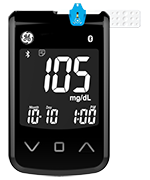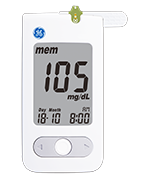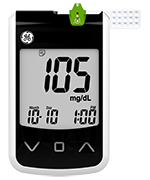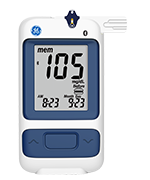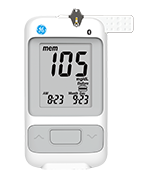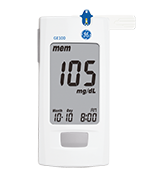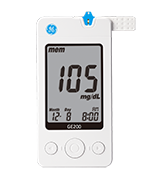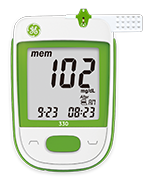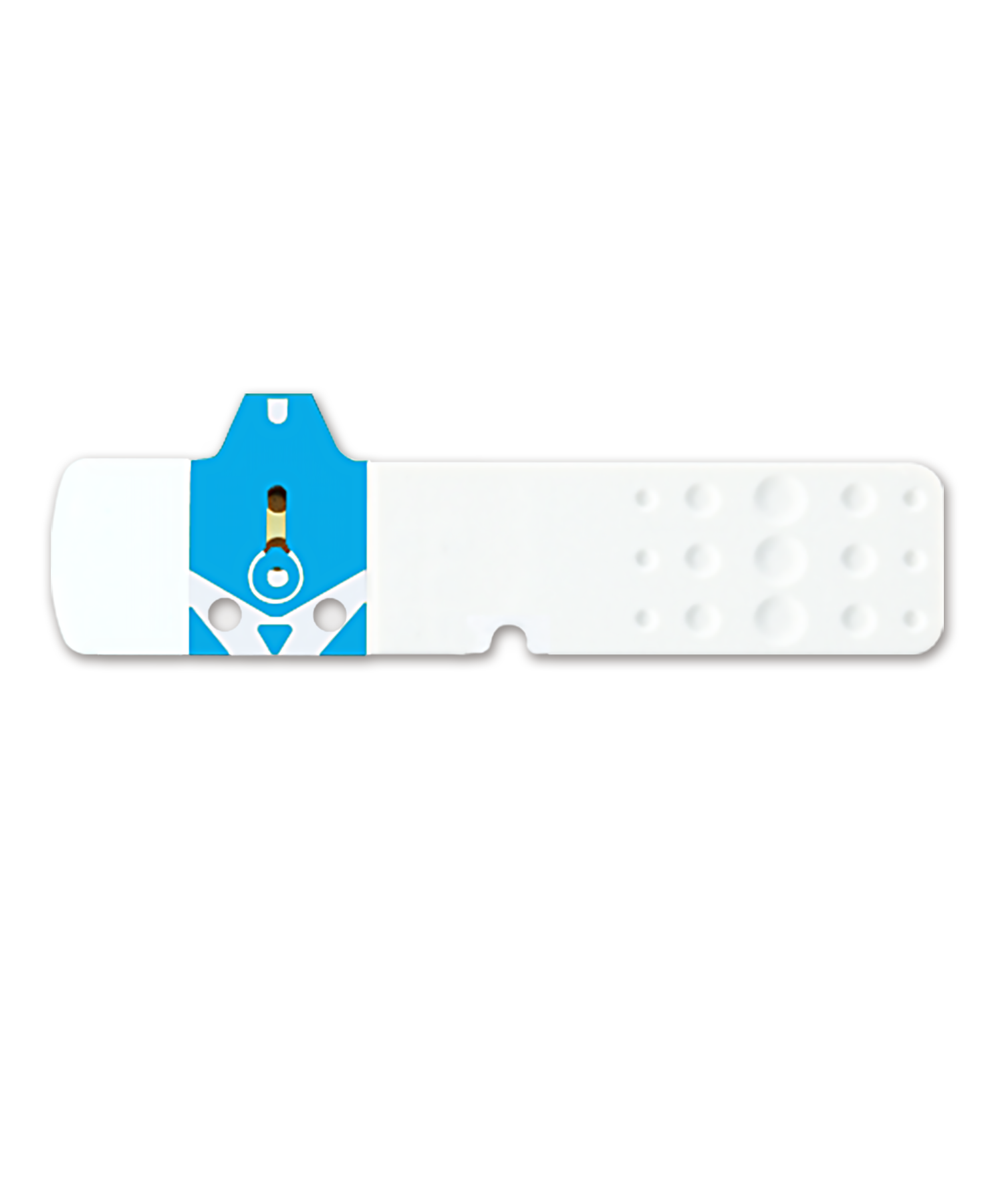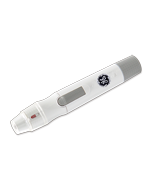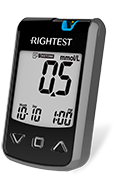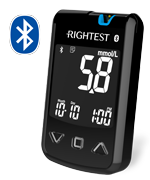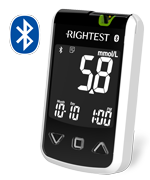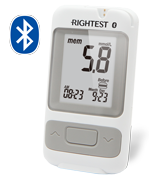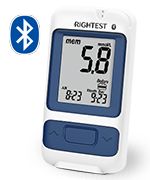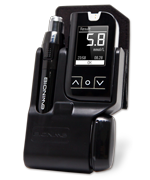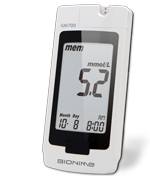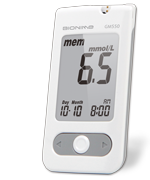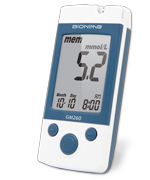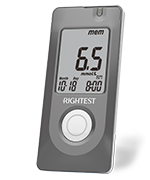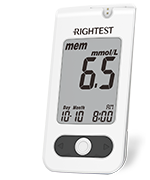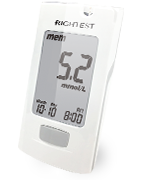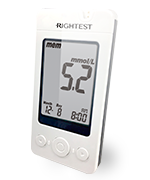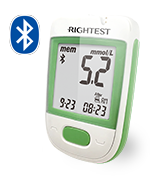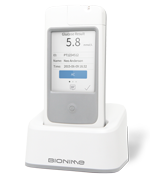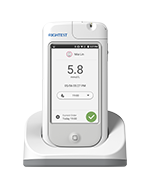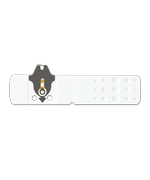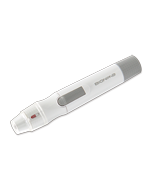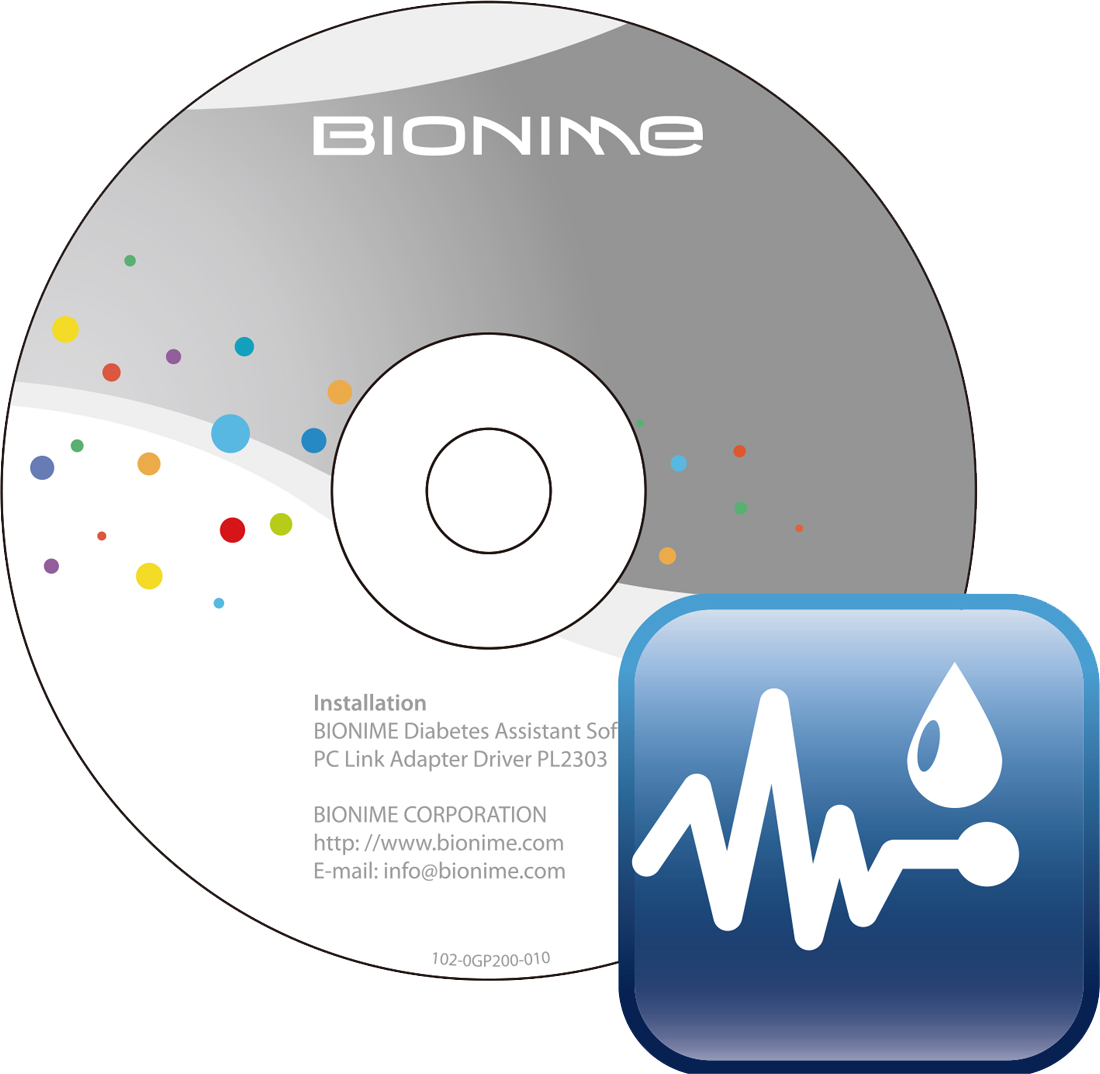7 Reasons to Monitor Your Blood Glucose
7 Reasons to Monitor Your Blood Glucose
Are you someone with diabetes? Do you know somebody who lives with diabetes? If so, you may have heard that monitoring blood glucose is a good idea. But why is this? For many of us, glucose monitoring seems somewhat tedious if not downright painful. After all, usually a blood sample needs to be acquired through pricking your finger with a needle. However, it remains a really useful tool in helping manage the diabetes. The concept has been around for a while with self-monitoring having first really taken off in the 1980s1.
Why check your glucose? Read on to find out!
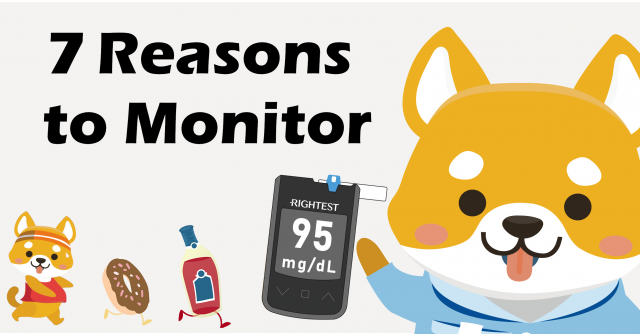
1. Know immediately whether your levels are in your target range
If you’ve talked about your diabetes with your doctor, you’ve probably discussed a target range for your blood glucose level and some strategies to help you stay within it. Unfortunately, beyond simply gauging how you feel at a given moment, you can’t know your blood glucose level very accurately. Using a blood glucose meter, you can view an accurate, quantitative measurement in seconds. You’ll know whether you’re in your target range and, if you’re not, you’ll know it’s time to act.
2. Assess whether your diabetes medication is helping you reach your target levels
Sometimes diabetes can be managed through a good diet and regular exercise. In other cases, medication is prescribed to lend a helping hand. This may include insulin, inhibitors, metformin and more. Using a blood glucose monitor you can acquire readings before and after taking your medication. Then you can assess its impact.
3. Understand how food, physical exertion, stress, travel and sickness affect your blood glucose
In daily life we go through a lot. You might not realise it but ordinary everyday things can impact your blood glucose levels. We’re all individuals so we're all affected slightly differently by these things. By monitoring your blood glucose frequently, you can gauge for yourself the impact of these various factors on your levels. Armed with this knowledge, you can develop strategies to mitigate them. For example, if you discover that stressful events are significantly affecting your blood glucose, you can focus your attention on stress management. Or, if you discover a type of food has a big impact, you can consider cutting it out of your diet or finding a healthier alternative.
4. Discover patterns
Since our mood and energy levels fluctuate across the day it’s no surprise that our blood sugar does too. Through taking measurements across the day, you can pin down those times when you’re particularly high or low. Then you can focus on managing those moments and breaking any negative patterns.
5. Quickly identify and treat hypers and hypos
Sometimes, how you feel and your glucose level aren’t totally in sync. Your glucose could be falling, or already have fallen low enough for the onset of hypoglycaemia. On the other hand it could be high and rising, leaving you at risk of hyperglycaemia. In either case, you need to know. Then you you will be able to take something to control your glucose level – food, drink, insulin or other medication. Checking with a meter is a quick, easy way to find out your glucose level.
6. Feel more confident about managing your diabetes
It’s important to listen to your body, but sometimes it’s helpful to have that number letting you know your level precisely. With the power to do a test and receive results in a few seconds, you can have peace of mind about your diabetes no matter where you are. You’ll have a definitive number on which you can take definitive action if needed. All in all, diabetes will be a challenge you feel more equipped to face.
7. Know when you need to seek medical support
Diabetes can be difficult to manage and there’s no shame in seeking help. You might not even realize you need assistance until you start self-monitoring. Doctors may recommend medications or provide advice on meal planning and exercise. By monitoring your glucose, you can quantitatively assess the effects of their recommendations. On future visits you’ll arrive with useful data on hand to help make the best possible treatment decisions.
There you have it. If you do decide that blood glucose monitoring is for you then make sure you buy a meter with results you can trust. We’d love you to consider using one of our products. They’re good value and all meet International ISO Accuracy Standards. Get in touch to see if they’re available in your area.
Regardless, your health is the priority. Happy monitoring!
[1] - B. Hirsch, History of Glucose Monitoring, University of Washington, 2018. Accessed Dec 2020.


